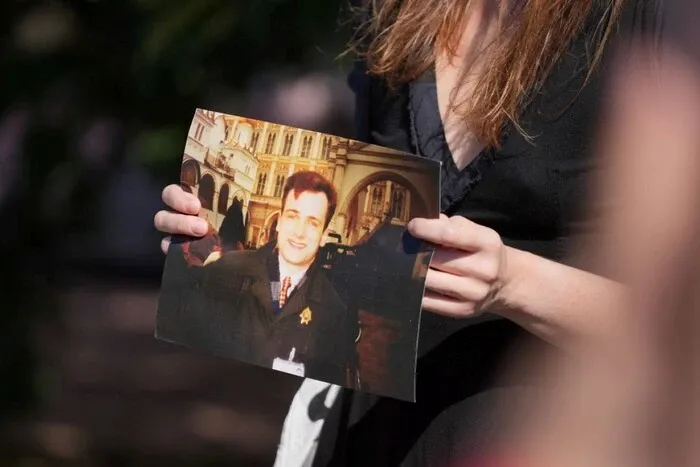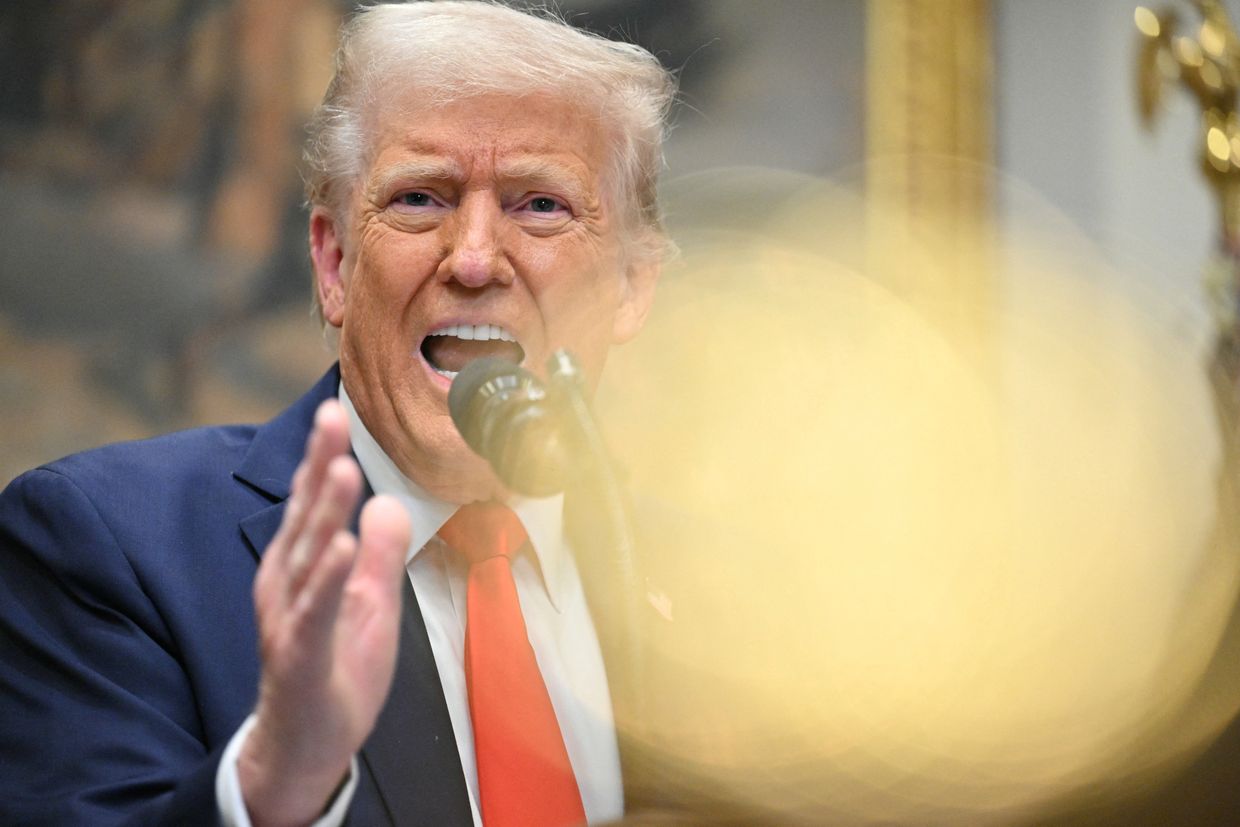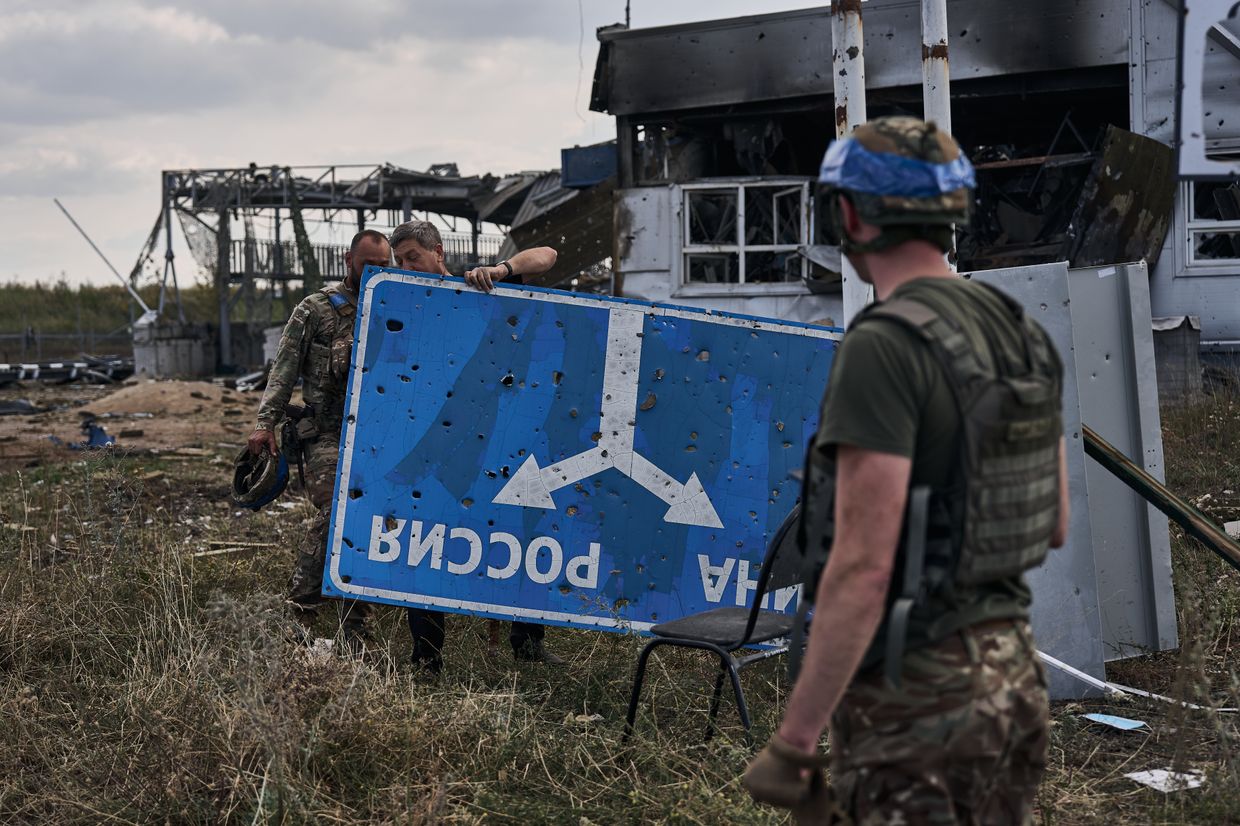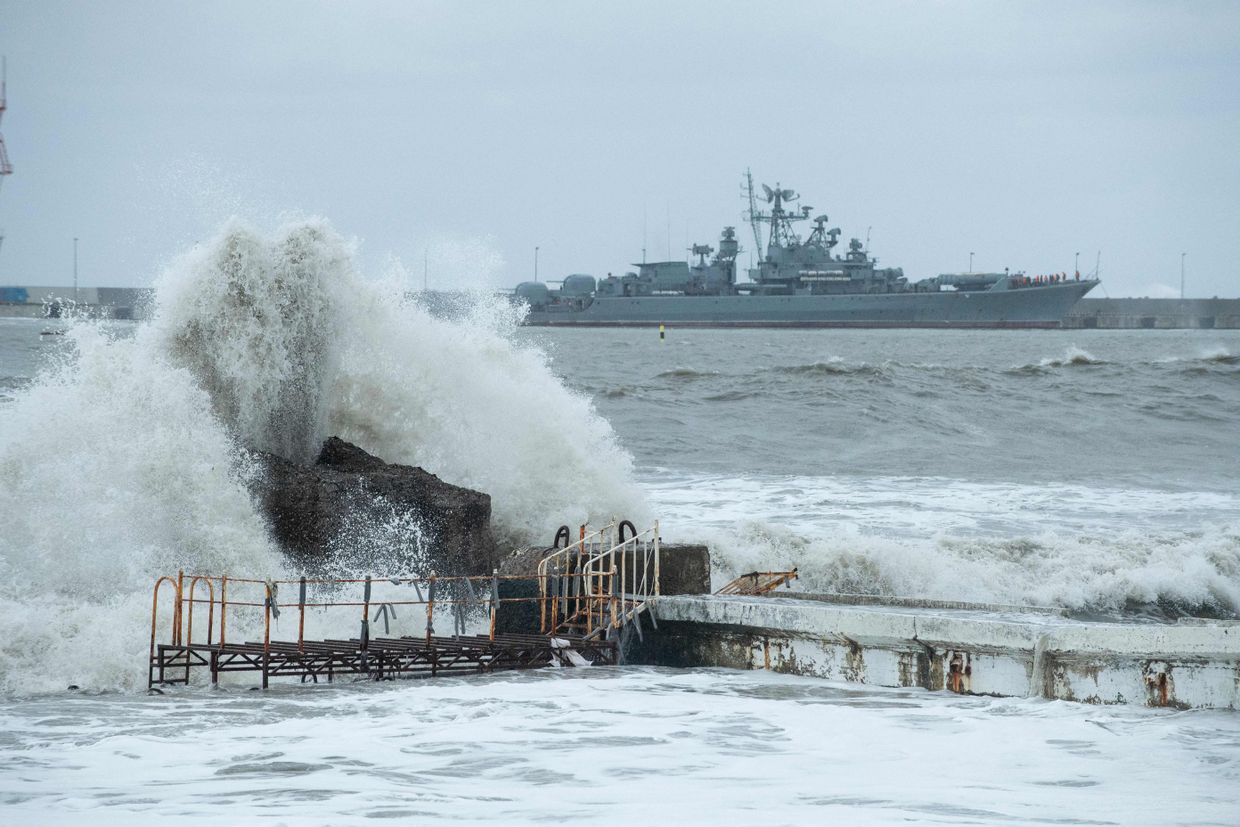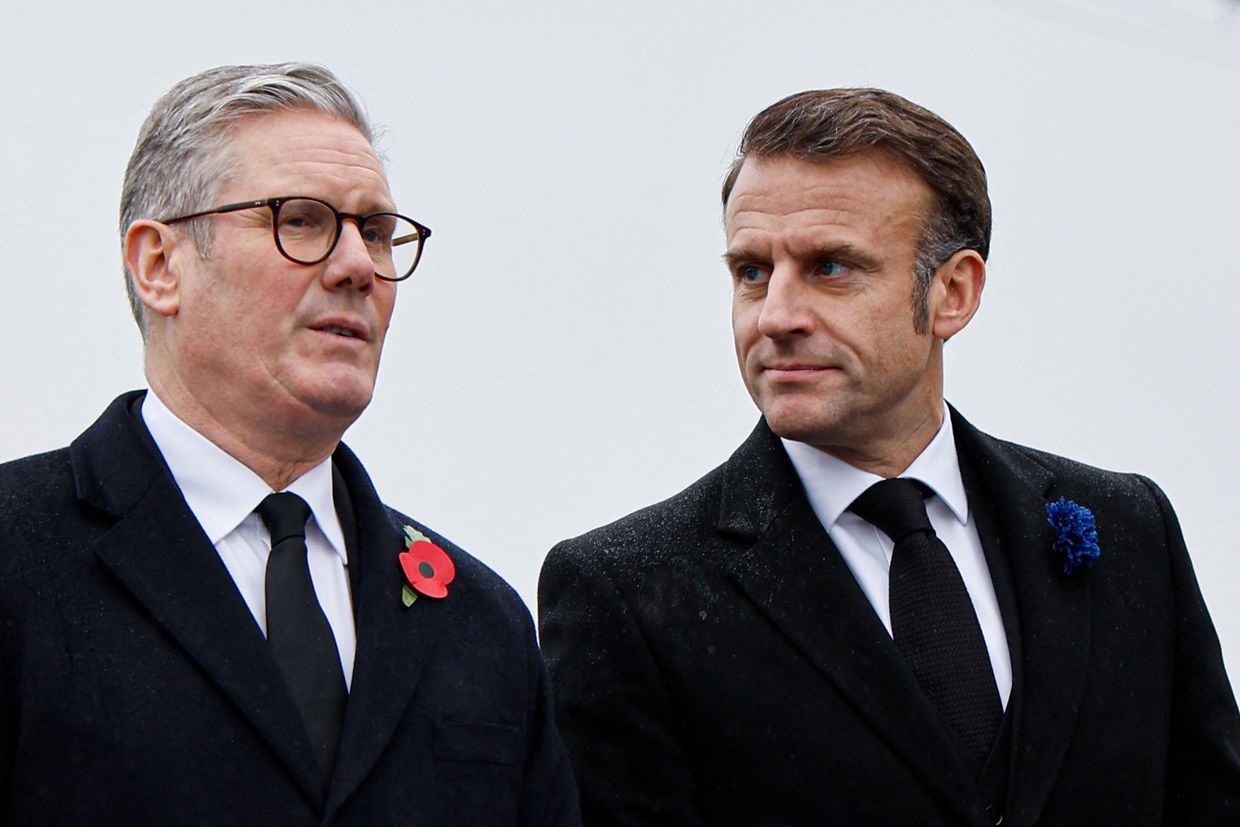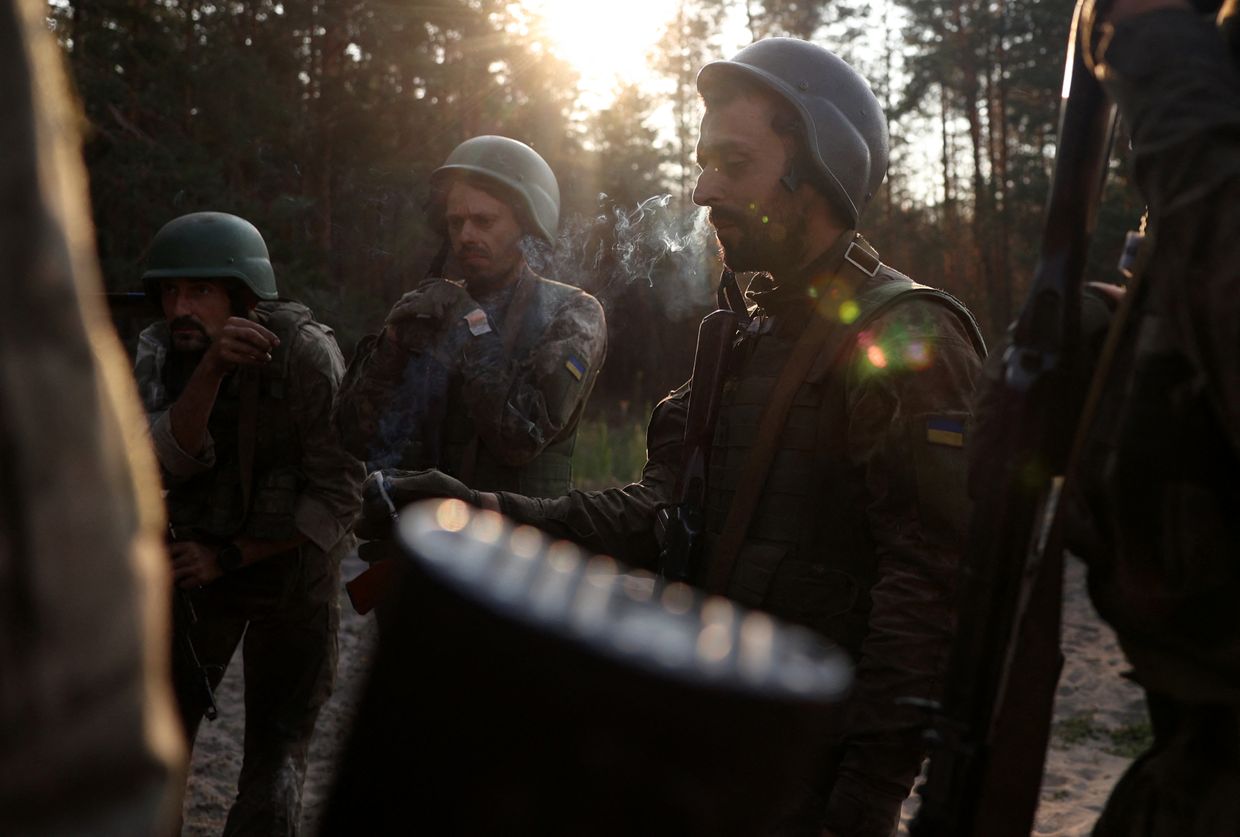A memorial was held in Kyiv on Sept. 16 to mark the 24th anniversary of the abduction of Ukrainian journalist Georgiy Gongadze.
A number of Ukrainian journalists gathered in downtown Kyiv to open a temporary "memorial alley," where, over the course of a week, people can learn more about one of Ukraine's first high-profile journalists murdered for his work.
Gongadze, who was critical of then-President Leonid Kuchma, was kidnapped on Sept. 16, 2000. Two months later, his headless body was found in a forest some 70 kilometers outside Kyiv.
Tapes later surfaced of Kuchma talking about Gongadze, saying he needs to be dealt with, without explicitly ordering his assassination.
Though there was no direct order to kill Gongadze, the scandal prompted mass protests in Kyiv, calling for Kuchma's resignation and making him a prime suspect in the case. He was never officially charged.
Three police officers were sentenced to 12 years in jail for their roles in Gongadze's murder, while in January 2016, Oleksiy Pukach, ex-head of the Interior Ministry of Ukraine's surveillance department, was sentenced to life.
But despite the sentences, no one has ever been charged with ordering Gongadze's murder.
In an op-ed for Ukrainska Pravda on Sept. 16, Gongadze's daughter, Nana, paid tribute to her father as well as "other fallen journalists" who "put themselves in harm's way to show the world what is truly happening here, just as my father did when he exposed the corruption of the Kuchma regime."
She highlighted that despite the importance of the work of journalists, "press freedom in Ukraine is at risk."
Highlighting in particular the work of David Knowles of The Telegraph, who died of a cardiac arrest earlier this month, she added: "We must honor their sacrifices by closely monitoring and strengthening our press freedom."



